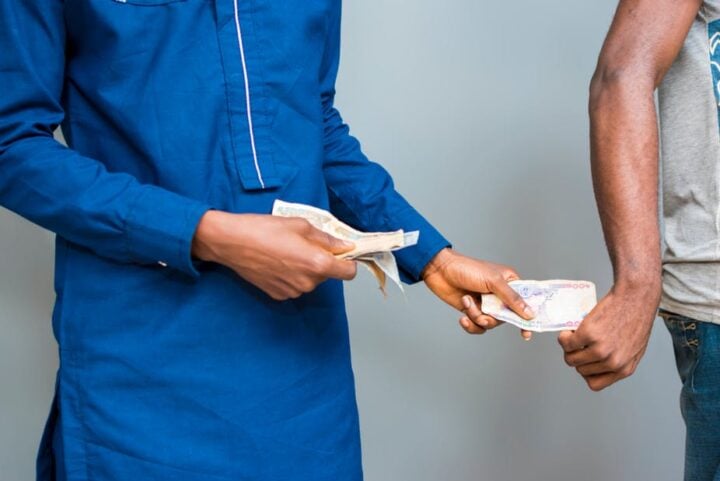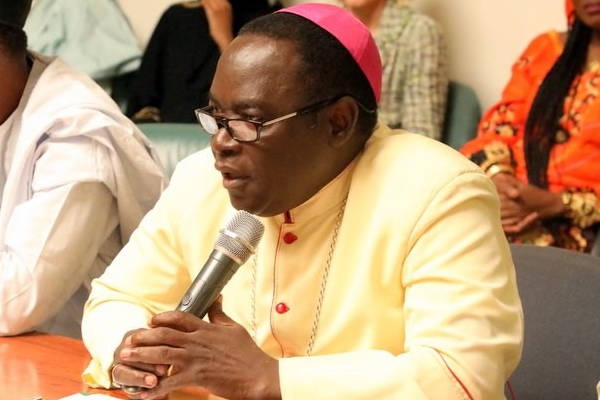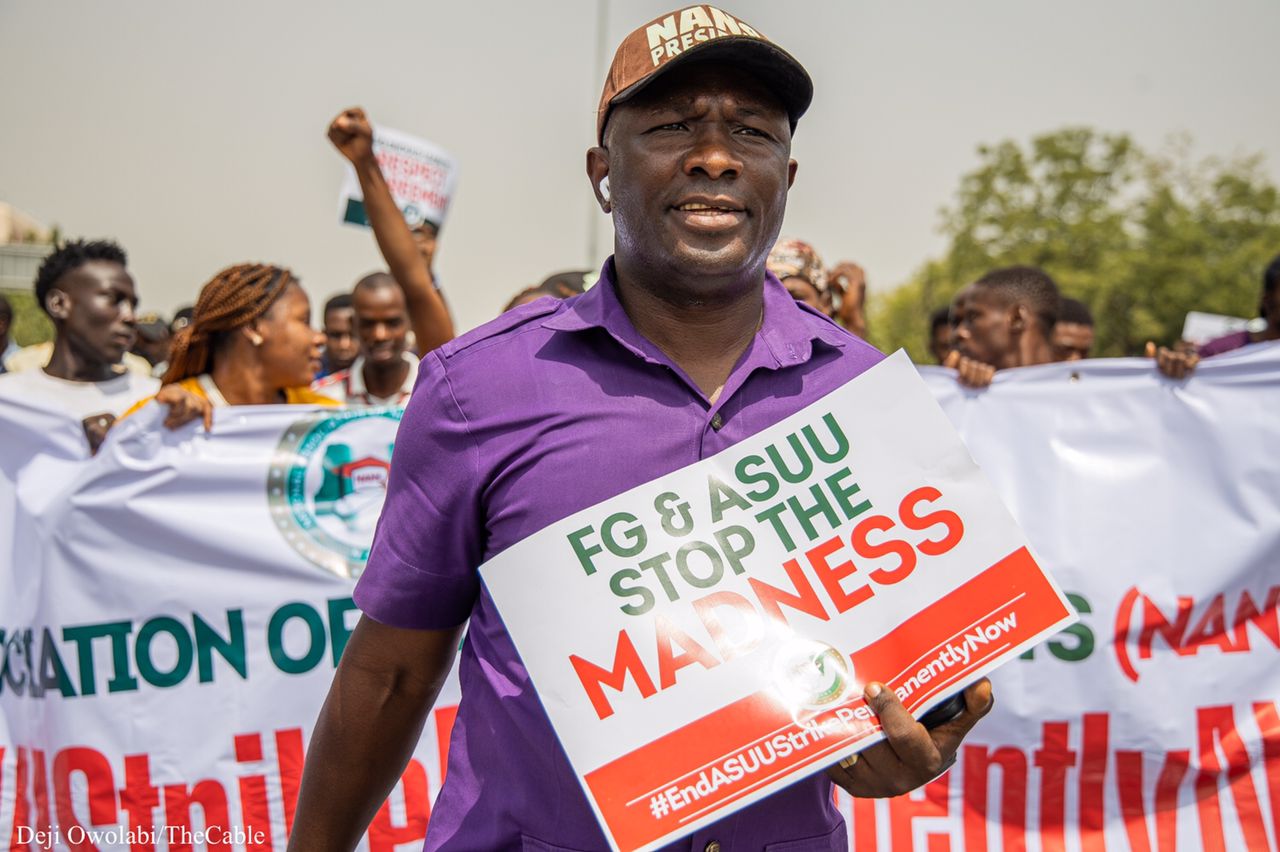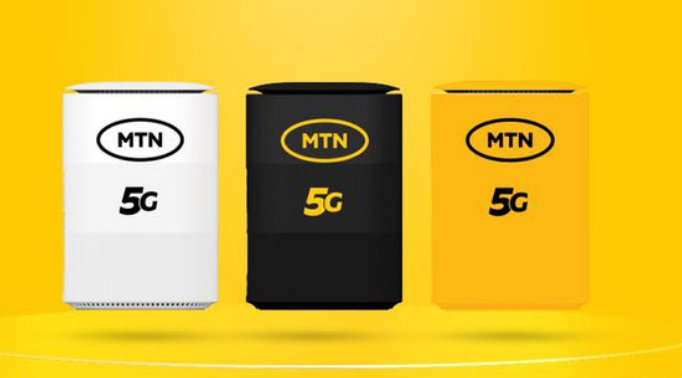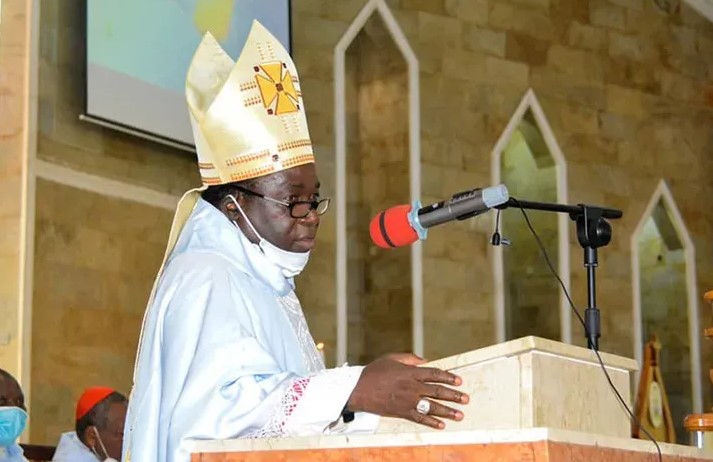“Alleged ₦10bn fraud: Continue ASCSN officials’ probe” — This was one of the stories we covered in Freshly Pressed on Smooth 98.1 Lagos on the morning of August 29, 2022. When I first saw the story, my initial reaction to the show’s producer was: “What is the point of this story from Oyo State in a Lagos morning radio show?”
But the producer had picked the story, I arrived at the station too late to influence the picks, so I had to make do. But as I read the story, something that has been a pet peeve of mine.
Back in 2015 on the same show, I’d told Sope Martins, Ireti Bakare and Folu Storms that if the right offer came, I’d take it, and be sipping a pina colada on a beach in the Bahamas while shaking my head at how bad Nigeria was from the distance. They’d all expressed outrage, and I retorted that as long as what I’d done to take the offer was not illegal, why not?
Does that stance make me immoral? Perhaps. Amoral? Almost certainly.
Advertisement
But here’s the rub: In Nigeria, we keep letting ourselves down because we expect people to be saints. It’s why we fell mugu to Buhari in 2015. We were looking for a saint to lead us out of the woods we felt we were in, and so we were utterly unprepared for the demon that we projected our desires on.
As a people, we need to learn about basic human nature, and on a personal note, as the years have passed since 2015, I have learned a lot more about human nature. If I go back to the Engineering that I studied for my first degree, there is something called the Bell Curve, which I know shows up in pretty much every area where probability is calculated in a mathematical fashion. As long as there is an average, pretty much every human activity can be expressed in a bell curve, and human behaviour with respect to money falls under the same rules. You will have the 0.1% of people who are genuine saints, and the 0.1% who are genuine devils. You will have another 2.1% whose whites have just one speck of stain and the 2.1% whose whites are completely covered in dirt bar one spot that has not yet been touched.
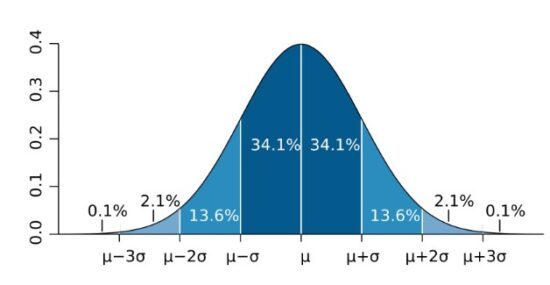
Advertisement
In universities, when all results are in, they usually apply a bell curve, and then adjust the results based on what is expected to be a normal distribution. There will be a few exceptional students, and a few really terrible ones, while the vast majority will be in the middle. If you leave a wallet full of dollars unattended on a bench at a bus stop, what is the probability that you’d get the wallet back with its contents intact?
It is how life is.
Sad, but true.
Most people will be in the grey area (represented in the deeper blue shades), where one thing or the other will shift them either way, to the 13.6% good, or the 13.6% bad, or just stuck in the 68.2% middle-ground. This is where systems come in. When you have a good system, your bell curve will be green. When things are just blah, your bell curve will be either red or gold, depending on where you are as a society. Nigeria isn’t even on this representation, but if we were, we’d be the direct opposite of the green. Bad.
Advertisement
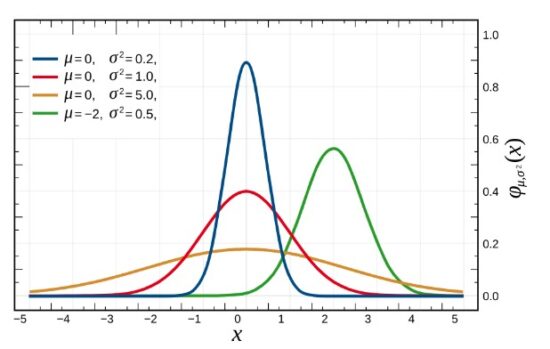
Coming to the story in question, and how it is an allegory for Nigeria. There are lessons that as a people we have bluntly refused to learn. First of which is this: All of these probes go nowhere and no one gets punished. Then further down the line, we’ll do the whole thing again. I daresay that in a few years’ time, the successor to the current leadership of ASCSN will be on the receiving end of the call for a probe by their predecessors. And it all boils down to a refusal to punish people when caught in wrongdoing, but more importantly, a refusal to put preventive measures in place. Let’s ask ourselves some honest questions: What is the Association of Senior Civil Servants? Why should such an association exist? And how the hell do they have ₦10 billion ($14.6 million) for someone to embezzle? Because make no mistakes, for them to have that much to be stolen, it would mean that up to ₦100 billion has passed through that association.
This moves the question to one of oversight. If an organisation that isn’t a private organisation is handling that kind of money, what mechanisms for oversight exist? Because that is one place where we fail routinely, process and oversight.
Again, we have to let go of our fantasies of saints. Give me ₦10 billion without oversight, and I’m one of the 95.4% that will keep some for myself, especially when I know that a lot will not happen. How can we expect any less from other people? To paraphrase our former president, Goodluck Jonathan, we keep putting the yam and the goats in the same pen, and expecting the goats not to eat the yams…
Advertisement
Nwanze is a partner at SBM Intelligence
Advertisement
Views expressed by contributors are strictly personal and not of TheCable.
Add a comment

